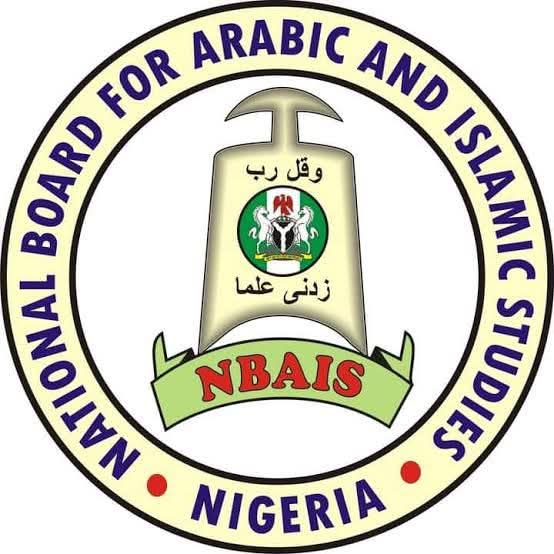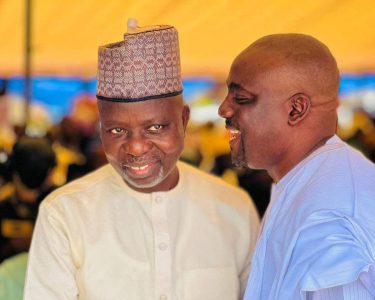A policy directive by the Nursing and Midwifery Council of Nigeria (NMCN) recognizing the Senior Arabic and Islamic Secondary School Certificate Examination (SAISSCE) as equivalent to the West African Examinations Council (WAEC), National Examinations Council (NECO), and National Board for Technical Education (NBTE) qualifications has sparked outrage among Christian groups and civil society organizations.
The NMCN announced in April that candidates possessing SAISSCE would now be eligible for admission into nursing and midwifery programs across the country. The Council claimed that the Islamic-based certificate includes core science subjects such as Biology, Chemistry, Physics, Mathematics, and English—meeting the criteria for health science education.
However, Christian groups, including the National Prayer Altar and other faith-based education coalitions, have condemned the decision. In a joint statement, they described the move as an “Islamization agenda” and called on the federal government to withdraw the directive immediately.
“This policy undermines the secular character of Nigeria’s educational institutions,” said Pastor Gideon Eze, spokesperson for the coalition. “Religious qualifications, no matter how structured, should not be placed on the same pedestal as nationally standardized exams like WAEC and NECO.”
Critics argue that SAISSCE, being administered by the National Board for Arabic and Islamic Studies (NBAIS), is faith-based and lacks the broad secular standards of its counterparts. They fear this could set a precedent for religious bias in admissions and employment.
In response, the NMCN defended its stance, asserting that the decision aims to foster inclusivity and equal access to professional education. “What matters is the academic content and learning outcomes, not the language or religious orientation of the certificate,” the Council stated.
Mufti Media




